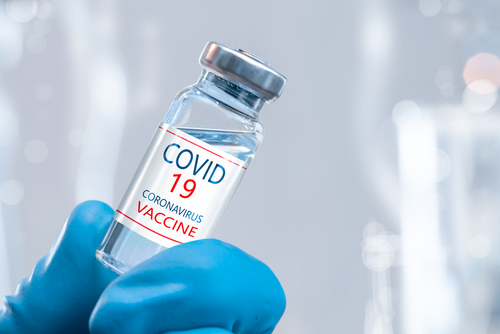
With an initial five laboratories, the Coalition of Epidemic Preparedness Innovations (CEPI) has launched a network of labs worldwide, collectively focused on helping COVID-19 vaccine developers uniformly evaluate and identify successful candidates.
By centralizing, the hope is to assess and compare immunological responses more reliably, utilizing the same testing reagents and common protocols in assessments. Traditionally, such analyses vary lab by lab, to determine whether biomarkers of immune response are produced after clinical trial volunteers are given vaccine doses. With more than 320 vaccine candidates for COVID-19 now in the field, the potential differences in data collection and evaluation are significant.
Current labs signed onto the network are Canada’s Nexelis, Public Health England, VisMederi Srl of Italy, Viroclinics-DDL of The Netherlands, icddr,b of Bangladesh, and Translational Health Sciences and Technological Institute of India. CEPI is actively negotiating with other labs to gain additional members.
“Encouraging data is now emerging on multiple COVID-19 vaccine candidates, however, there is no way to draw direct comparisons, as different labs may use different measurements to infer immune response,” CEPI CEO Richard Hatchett said. “Our network of labs will operate as though vaccines are all being tested under one roof, to speed up assessment and identify successful vaccine candidates so that we move as quickly as possible to reduce the great suffering caused as a result of this global crisis.”
Normally, lab variance includes differences in the range of correlates of immunity being measured, technical differences such as how and where samples are collected and stored, and major ranges in deployed technologies. CEPI seeks to cut through the technical differences to hammer out results with minimal variation and allow for head-to-head comparisons of immune responses.
Vaccine developers will be allowed to use the labs, be they CEPI-funded or not, without per sample charges. They can then analyze the immune response spawned by their COVID-19 vaccine candidates in preclinical, phase 1, and phase 2a studies. Any data obtained will then be used to inform and advance CEPI’s portfolio. This will have the added benefit of aiding developers of all sizes. Certain commitments may be required for eligibility, though, such as timely publication of sample testing results.
“Through such an endeavour, we aim to work towards our ultimate ambition through COVAX to fund and deliver 2 billion doses of successful COVID-19 vaccine by the end of 2021 to help bring an end to the acute phase of this pandemic,” Melanie Saville, CEPI’s director of vaccine development, said.




